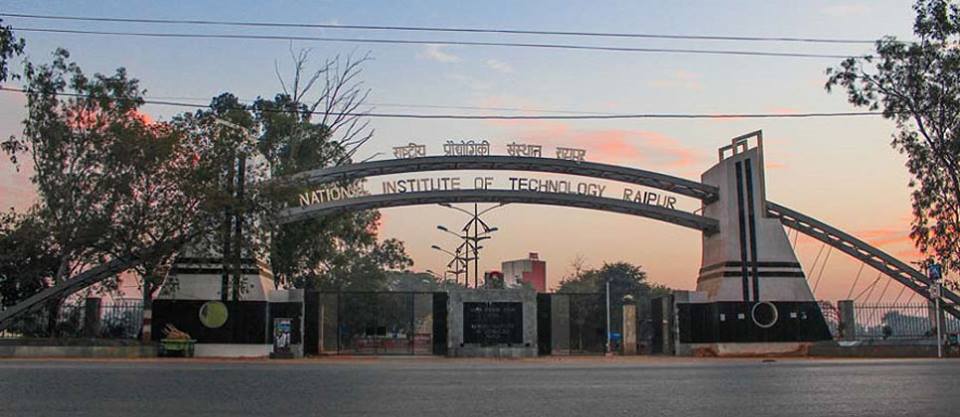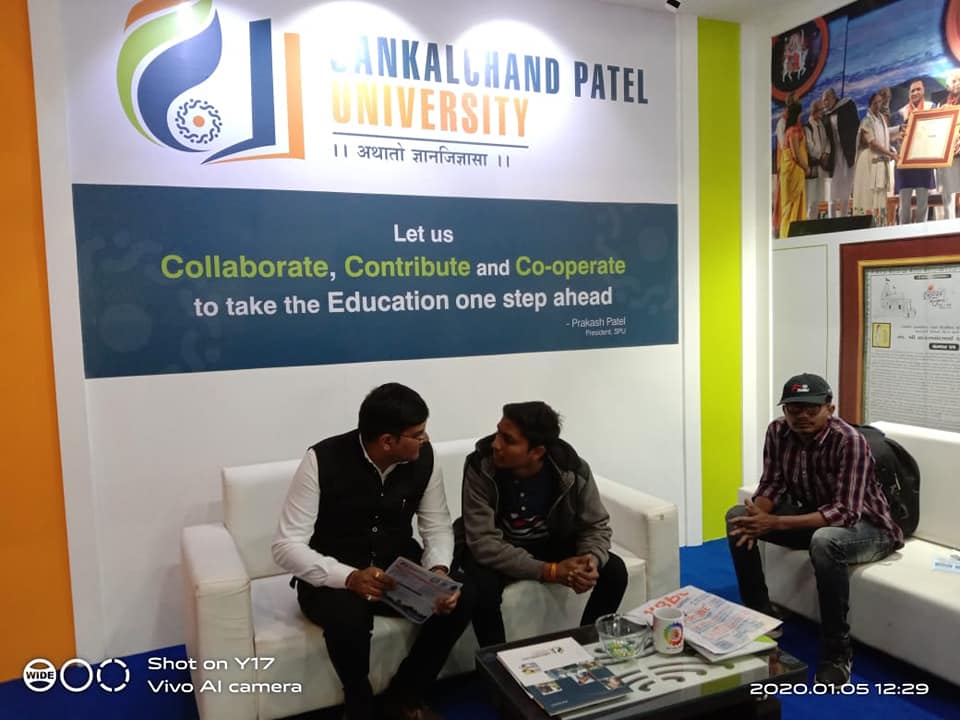New Delhi, 24 December 2019, By Rudra Narayan Sahoo: Copied content in PhD thesis, duplicate work in research and plagiarism academic research is a great concern in higher educational institutes (HEI) including universities and colleges. To curb plagiarism in academic research ecosystem, the UGC has already notified norms such as University Grants Commission (Promotion of Academic Integrity and Prevention of Plagiarism in Higher Educational Institutions) Regulations 2018.
This regulation is popularly better known as UGC Prevention of Plagiarism Regulations 2028. Here, SkillOutlook presents Seven Key Points of this Regulations, which will make research learners & students, academic staff and teaching community understand the UGC Plagiarism norms.
1.Levels of Plagiarism: As per the Regulations, Plagiarism would be quantified into following levels in ascending order of severity for the purpose of its definition:
i.Level 0: Similarities upto 10% – Minor similarities, no penalty
ii.Level 1: Similarities above 10% to 40%
iii. Level 2: Similarities above 40% to 60%
iv.Level 3: Similarities above 60%
Similarity above 10% in thesis, dissertation, publications or any other such documents will invite troubles for both research scholars and academic staff.
2.Penalties for misconduct: Penalties will be applicable to both students and academic staff who are involved in the research work. in the cases of plagiarism shall be imposed on students pursuing studies at the level of Masters and Research programs and on researcher, faculty & staff of the HEI only after academic misconduct on the part of the individual has been established without doubt, when all avenues of appeal have been exhausted and individual in question has been provided enough opportunity to defend himself or herself in a fair or transparent manner.
3.Penalties for Students: Penalties in case of plagiarism in submission of thesis and dissertations Institutional Academic Integrity Panel (IAIP) shall impose penalty considering the severity of the Plagiarism.
i.Level 0: Similarities upto 10% – Minor Similarities, no penalty.
ii.Level 1: Similarities above 10% to 40% – Such student shall be asked to submit a revised script within a stipulated time period not exceeding 6 months.
iii. Level 2: Similarities above 40% to 60% – Such student shall be debarred from submitting a revised script for a period of one year.
iv.Level 3: Similarities above 60% -Such student registration for that programme shall be cancelled.
4.Penalty in case where the degree/credit has already been obtained: If plagiarism is proved on a date later than the date of award of degree or credit as the case may be then his/her degree or credit shall be put in abeyance for a period recommended by the IAIP and approved by the Head of the Institution.
5.Penalties in case of plagiarism in academic and research publications:
I.Level 0: Similarities up to 10% – Minor similarities, no penalty.
II.Level 1: Similarities above 10% to 40% -Shall be asked to withdraw manuscript.
III. Level 2: Similarities above 40% to 60%
i) Shall be asked to withdraw manuscript.
ii) Shall be denied a right to one annual increment.
iii) Shall not be allowed to be a supervisor to any new Master’s, M.Phil., Ph.D. Student/scholar for a period of two years
IV. Level 3: Similarities above 60%
i) Shall be asked to withdraw manuscript.
ii) Shall be denied a right to two successive annual increments.
iii) Shall not be allowed to be a supervisor to any new Master’s, M.Phil., Ph.D. Student/scholar for a period of three years.
6.Penalty on repeated plagiarism: Shall be asked to withdraw manuscript and shall be punished for the plagiarism of one level higher than the lower level committed by him/her. In case where plagiarism of highest level is committed then the punishment for the same shall be operative. In case level 3 offence is repeated then the disciplinary action including suspension/termination as per service rules shall be taken by the HEI.
7.Detection/Reporting/Handling of Plagiarism: If any member of the academic community suspects with appropriate proof that a case of plagiarism has happened in any document, he or she shall report it to the Departmental Academic Integrity Panel (DAIP). Upon receipt of such a complaint or allegation the DAIP shall investigate the matter and submit its recommendations to the Institutional Academic Integrity Panel (IAIP) of the HEI.
8.Submission of Declaration: As per the Prevention of Plagiarism Regulations 2018, every student submitting a thesis, dissertation, or any other such documents to the HEI shall submit an undertaking indicating that the document has been prepared by him or her and that the document is his/her original work and free of any plagiarism.
Further, each supervisor shall submit a certificate indicating that the work done by the researcher under him / her is plagiarism free.
9.Shodh Ganga e-repository: Higher Educational Institutes (HEI) shall submit to INFLIBNET soft copies of all Masters, Research program’s dissertations and thesis within a month after the award of degrees for hosting in the digital repository under the “Shodh Ganga ae-repository”.
Universities and colleges shall create Institutional Repository on institute website which shall include dissertation / thesis / paper / publication and other in-house publications.
10.Launch of Plagiarism Detention Software: On 21 September 2019, Union HRD Minister Mr Ramesh Pokhriyal ’Nishank’ has launched the Plagiarism Detention Software (PDS) “ShodhShuddhi”. This service is being implemented by INFLIBNET, an Inter University Centre (IUC) of UGC. PDS will significantly help to improve the quality of research outcome by ensuring the originality of ideas and publication of the research scholars.
Now universities and colleges shall declare and implement the technology based mechanism using appropriate software so as to ensure that documents such as thesis, dissertation, publications or any other such documents are free of plagiarism at the time of their submission.









